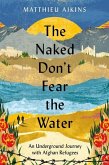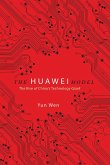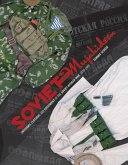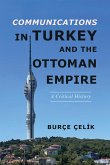"Portrayed in Western discourse as tribal and traditional, Afghans have in fact intensely debated women's rights, democracy, modernity, and Islam as part of their nation building in the post-9/11 era. Wazhmah Osman places television at the heart of these public and politically charged clashes while revealing how the medium also provides war-weary Afghans with a semblance of open discussion and healing. After four decades of gender and sectarian violence, she argues, the internationally funded media sector has the potential to bring about justice, national integration, and peace. Fieldwork from across Afghanistan allowed Osman to record the voices of many Afghan media producers and people. Afghans offer their own seldom-heard views on the country's cultural progress and belief systems, their understandings of themselves, and the role of international interventions. Osman analyzes the impact of transnational media and foreign funding while keeping the focus on local cultural contestations, productions, and social movements. As a result, she redirects the global dialogue about Afghanistan to Afghans and challenges top-down narratives of humanitarian development"--
Hinweis: Dieser Artikel kann nur an eine deutsche Lieferadresse ausgeliefert werden.
Hinweis: Dieser Artikel kann nur an eine deutsche Lieferadresse ausgeliefert werden.








